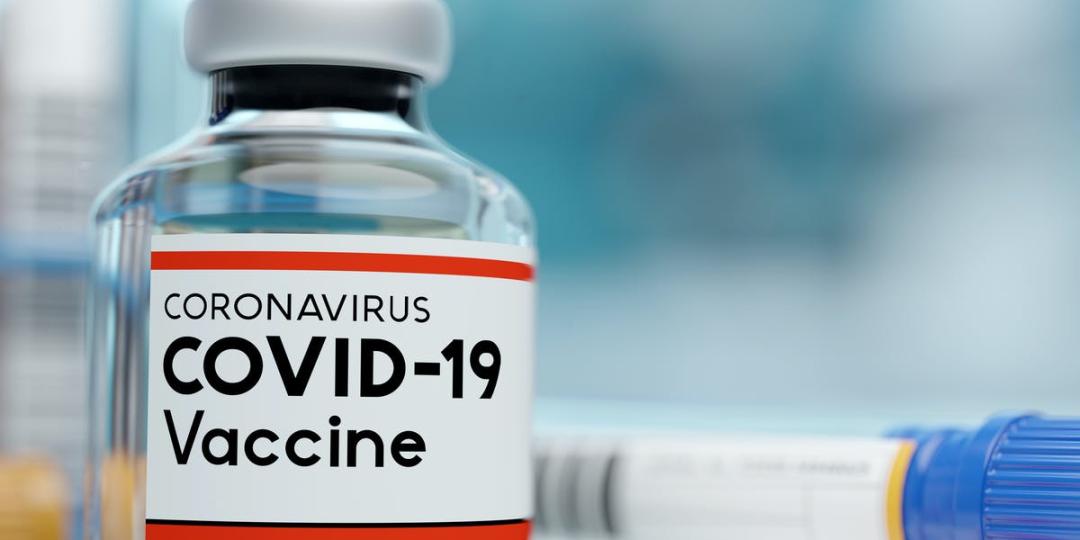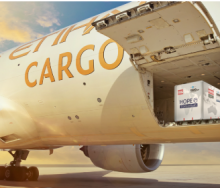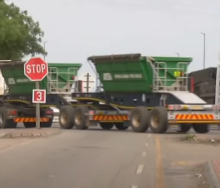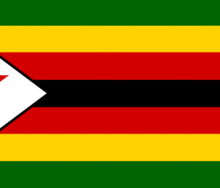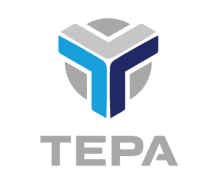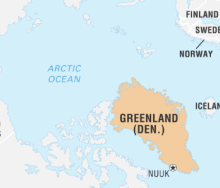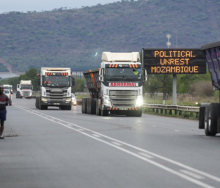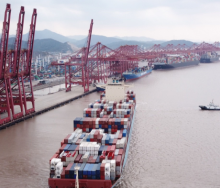As progress on a coronavirus vaccine gains momentum, the International Air Transport Association (Iata) has released a set of guidelines to ensure that the air cargo industry is ready to support the large-scale handling, transport and distribution of the vaccine.
‘Iata’s ‘Guidance for Vaccine and Pharmaceutical Logistics and Distribution’ provides recommendations for governments and the logistics supply chain in preparation for what will be the largest and most complex global logistics operation ever undertaken.
Reflecting the complexity of the challenge, the guidance was produced with the support of a broad range of partners, including the International Civil Aviation Organization (Icao), International Federation of Freight Forwarders Associations (Fiata), International Federation of Pharmaceutical Manufacturers and Associations (IFPMA), Pan American Health Organization (Paho), UK Civil Aviation Authority, World Bank, World Customs Organization (WCO) and World Trade Organization (WTO). It includes a repository of international standards and guidelines related to the transport of vaccines and will be updated regularly as information is made available to the industry. In addition to the guidance, Iata has established a joint information-sharing forum for stakeholders.
“Delivering billions of doses of a vaccine that must be transported and stored in a deep-frozen state to the entire world efficiently will involve hugely complex logistical challenges across the supply chain. While the immediate challenge is the implementation of Covid-19 testing measures to reopen borders without quarantine, we must be prepared for when a vaccine is ready. This guidance material is an important part of those preparations,” said Iata’s director general and CEO, Alexandre de Juniac.
One of the key challenges addressed is the availability of temperature-controlled storage facilities as well as contingencies when such facilities are not available. Another issue in the spotlight is how governments will re-establish air connectivity to ensure adequate capacity is available for vaccine distribution in light of the dramatic Covid-induced reduction in the global route network.
